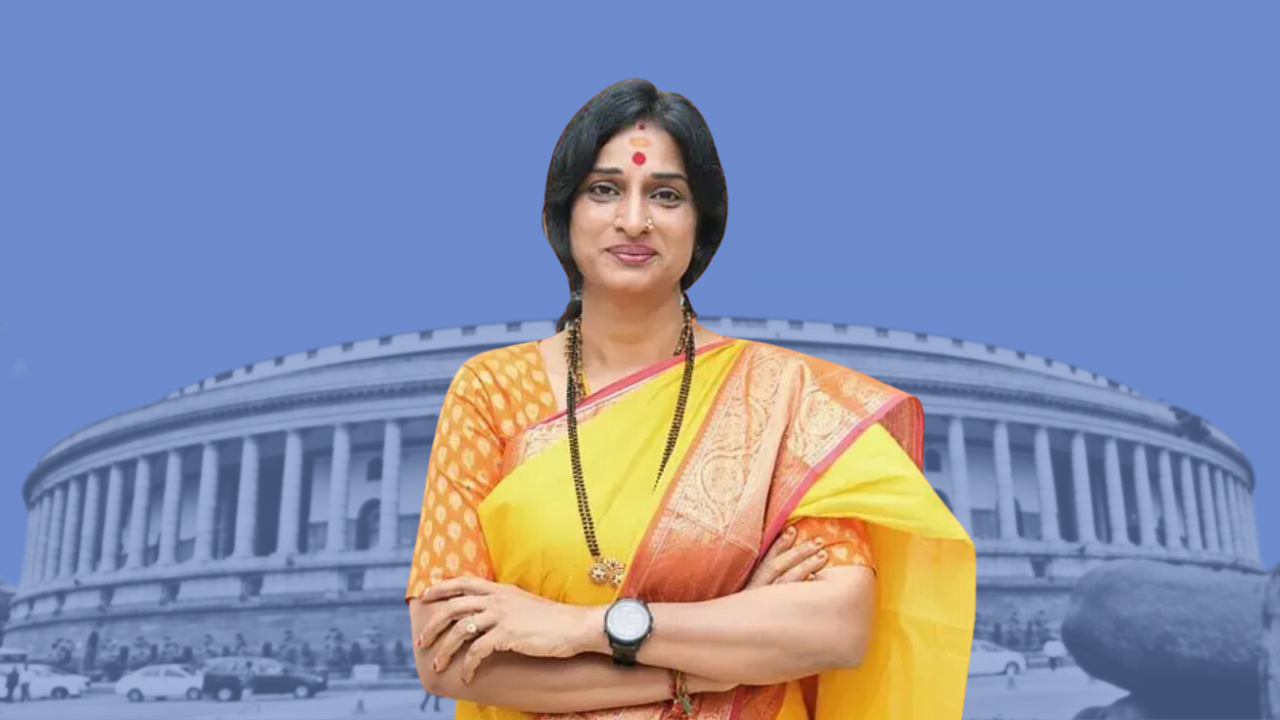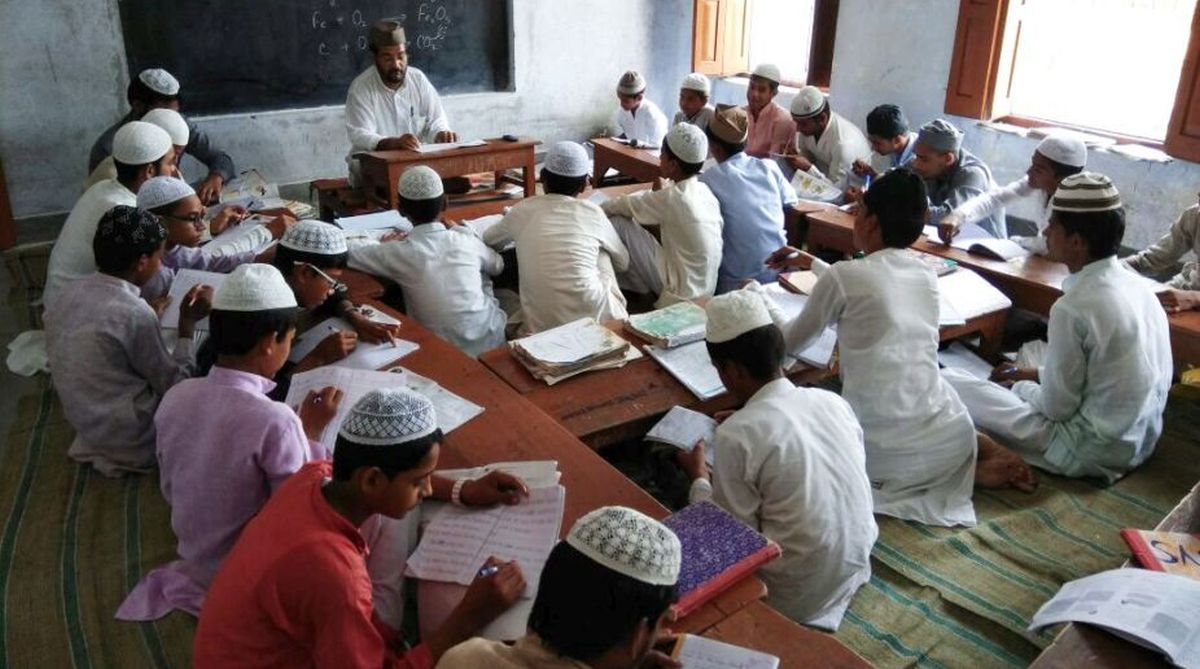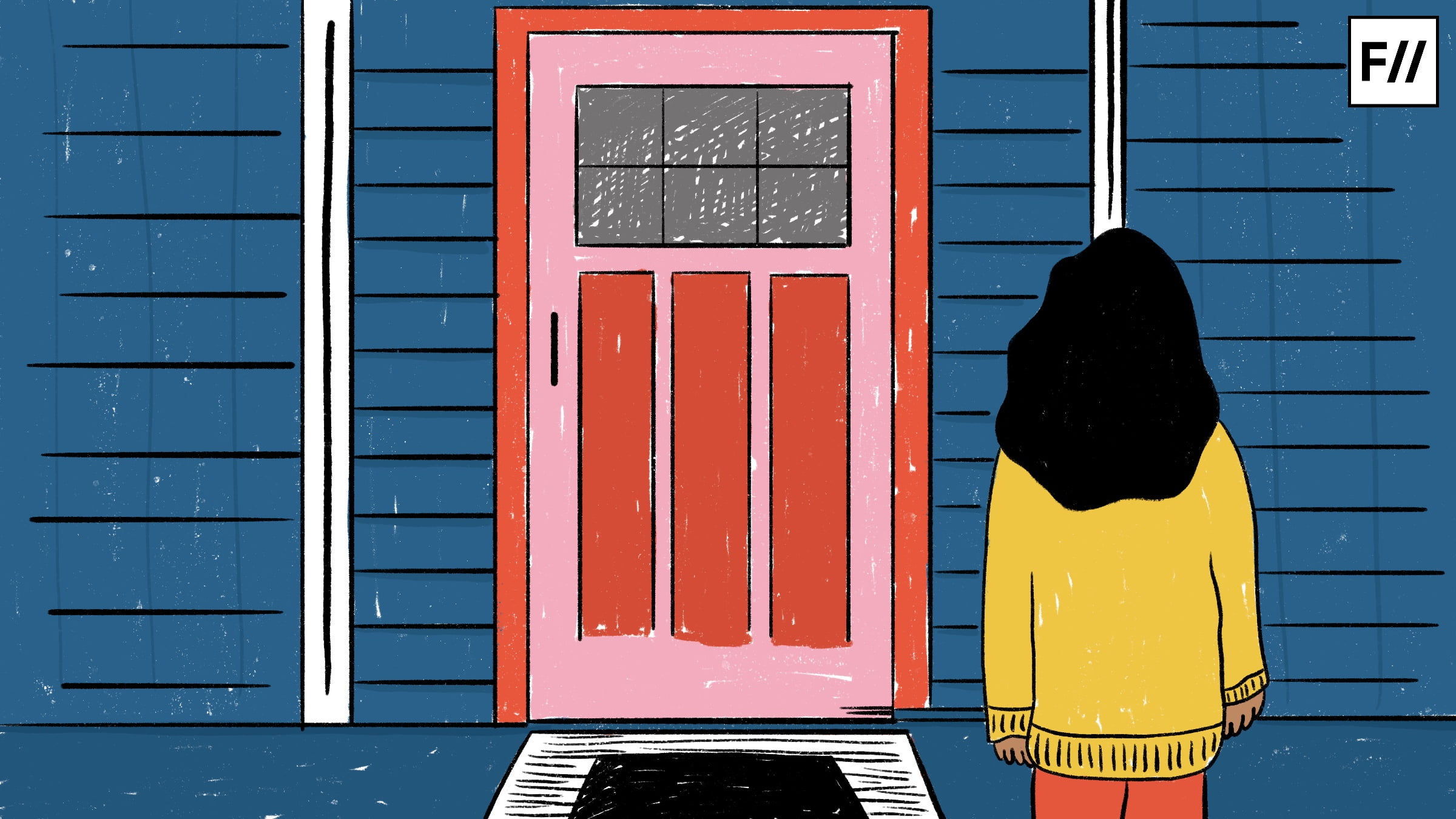Ram Nath Kovind, 71, became the fourteenth President of India when the results of the presidential election were announced on Thursday. Kovind was the Bharatiya Janata Party (BJP) nominee who defeated the Opposition candidate Meira Kumar by cornering 66 per cent of the Presidential electoral college vote. Kovind’s win is considered significant because he is only the second President to hail from a Scheduled Caste, after the tenth President of India, K R Narayanan (1997–2002).
Kovind has an illustrious career track. He is a lawyer by training who practiced in the Delhi High Court and Supreme Court for 16 years. He was a Member of Parliament in Rajya Sabha for two straight terms — from 1994 to 2000 and from 2000 to 2006. He also addressed the United Nations as India’s representative in 2002.
Kovind was born on October 1, 1945 in Paraukh village from Kanpur Dehat district of Uttar Pradesh. He comes from a poor family background, which he stressed on in his inaugural speech too. He recalled his kutcha home of mud walls where “the straw roof would not be able to stop water during the rain” and “we all brothers and sisters would huddle around a wall, waiting for the rain to stop.”
“There would be so many Ram Nath Kovinds in the country today, getting drenched in the rain, doing farm work, labour and sweating it out so that they can get their evening meals. I want to tell them that this Ram Nath Kovind of Paraukh village is going to Rashtrapati Bhavan as their representative,” he said.
Kovind’s win is significant because he is the 2nd President to hail from a Scheduled Caste, after K R Narayanan.
Ram Nath Kovind was governor of Bihar when he was declared the presidential candidate of BJP. Kovind’s nomination was branded as a strategic move by the Rashtriya Swayamsevak Sangh (RSS), the parent organisation of BJP, to appease the Bahujan population. Amit Shah said Kovind’s elections was a “victory for the poor, downtrodden and marginalised and their aspirations.” Prime Minister Narendra Modi described him as “a farmer’s son” who “comes from a humble background.”
Shri Ram Nath Kovind, a farmer's son, comes from a humble background. He devoted his life to public service & worked for poor & marginalised
— Narendra Modi (@narendramodi) June 19, 2017
He has served as the leader of BJP’s Scheduled Caste and Scheduled Tribe wings in the past. BJP–RSS is sufficiently highlighting his humble roots and his lower caste status as can also be seen in the two op-eds written today by BJP leaders.
BJP’s national general secretary Ram Madhav, in his article in Indian Express says, “In a caste-obsessed polity, Kovind’s caste identity becomes an important debating issue with some reducing it to the BJP’s ‘political outreach’ while some others see it as a political ‘masterstroke’. Kovind’s identity as a Dalit is certainly a matter of fact. He belongs to a lower middle class family of farmers. His rise to become a nominee for the post of the first citizen of India is a tribute to the power of our value system and democracy.”
R Balashankar, member of the BJP Central Committee on Training, calls Kovind’s win a synthesis of Mandal–Kamandal politics. “The Mandal-Kamandal discourse that dominated Indian politics in the last three decades has finally come full circle with the election of Ram Nath Kovind as the new President of India. This is the first time in Indian history that the President, the Vice President and the Prime Minister belong to the Dalit and OBC communities. By this, the Sangh Parivar has successfully internalized the Mandal politics, which once threatened to divide Hindu society.”
As a symbolic gesture, Kovind’s elevation to Rashtrapati Bhavan is an important moment. A person hailing from a former untouchable caste, from among the people who were (and still are) considered sub-human by caste Hindus, becomes the first citizen of India is no mean feat.
It is also to be noted that the growing assertion of Ambedkarite/anti-caste politics has forced the BJP/RSS to account for caste, adopt the vocabulary of Bahujan politics (as Ram Madhav and R Balashankar do in their op-eds) and acknowledge the status of B R Ambedkar as an important icon.
RSS’s primary motivation in responding to anti-caste discourse is to create a homogeneous Hindu identity.
But it is equally true that these posturings are rhetorical, a mere lip service, and RSS’s primary motivation in responding to anti-caste discourse is to create a homogeneous Hindu identity to aid its project of creating a Hindu Rashtra. Even though President Kovind will not have much constitutional power, it will be interesting to see how he conducts himself in office — as a representative of the lower class/lower caste population as BJP is projecting him to be, or as a representative of the RSS ideology.
Also Read: Why Haven’t More OBC Castes Joined The Anti-Caste Movement?




